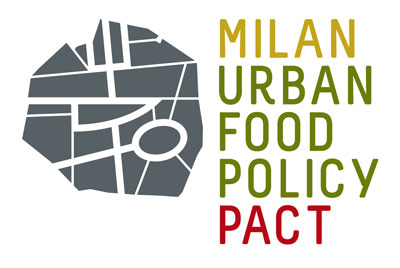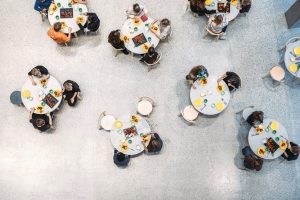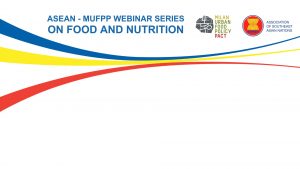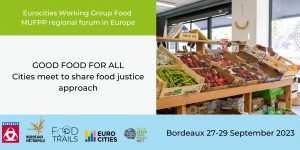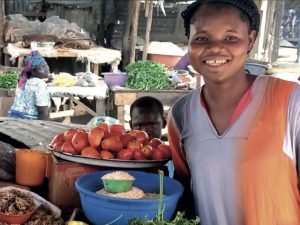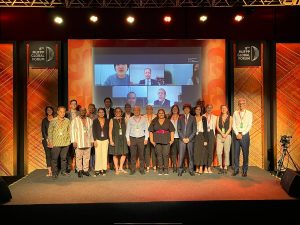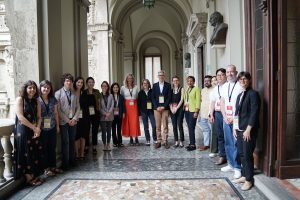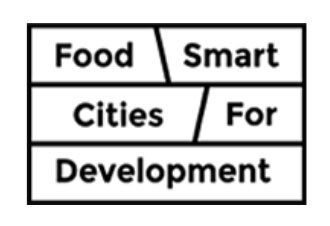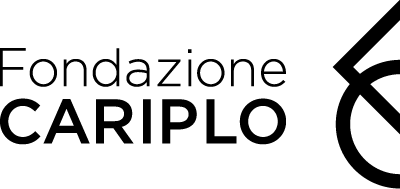The Milan Food Waste Hub Study Tour took place from June 27 to 29, 2023, with the purpose of inspiring, informing, and motivating senior city officials to implement ambitious climate actions by showcasing the Milan’s Food Waste Hub model to other cities dedicated to reducing food waste. The goal was to assist these cities in consolidating their efforts and developing a food waste reduction action plan aligned with SDG 12.3. This initiative also aimed to support C40 cities participating in the Good Food Cities Accelerator, specifically targeting Goal 3: reducing global food waste per capita by 50% at the retail and consumer level, and reducing food losses throughout production and supply chains (including post-harvest losses) by 2030.
Organized by the City of Milan and the Milan Urban Food Policy Pact (MUFPP), the tour was developed together with C40, the Natural Resource Defense Council (NRDC), and Bloomberg Associates (BA). Ten cities from both the United States and the European Union participated in the tour, namely Austin, Boston, Chicago, Los Angeles, Washington D.C., Barcelona, Madrid, Paris, Amsterdam and Oslo.

On the first day, after the institutional meeting with Anna Scavuzzo, Vice Mayor of Milan, Andrea Magarini, Director of the Food Policy Department of Milan, gave an introductory presentation of the program and an overview of the Milan Urban Food Policy Pact.
Later, two presentations followed: one on the theoretical framing of food waste reduction, given by Maddie Keating and Andrea Collins (NRDC), and the second one given by Lars Ottersen from the city of Oslo, which presented the C40 City Journey to a Food Waste Reduction Action Plan to meet SDG 12.3.
Two site visits at the city Food Waste Hubs took place. At the first hub, Hub Centro, Teresa Materia, Head of the Food Poverty Office introduced the Milan Food Waste Hub system.
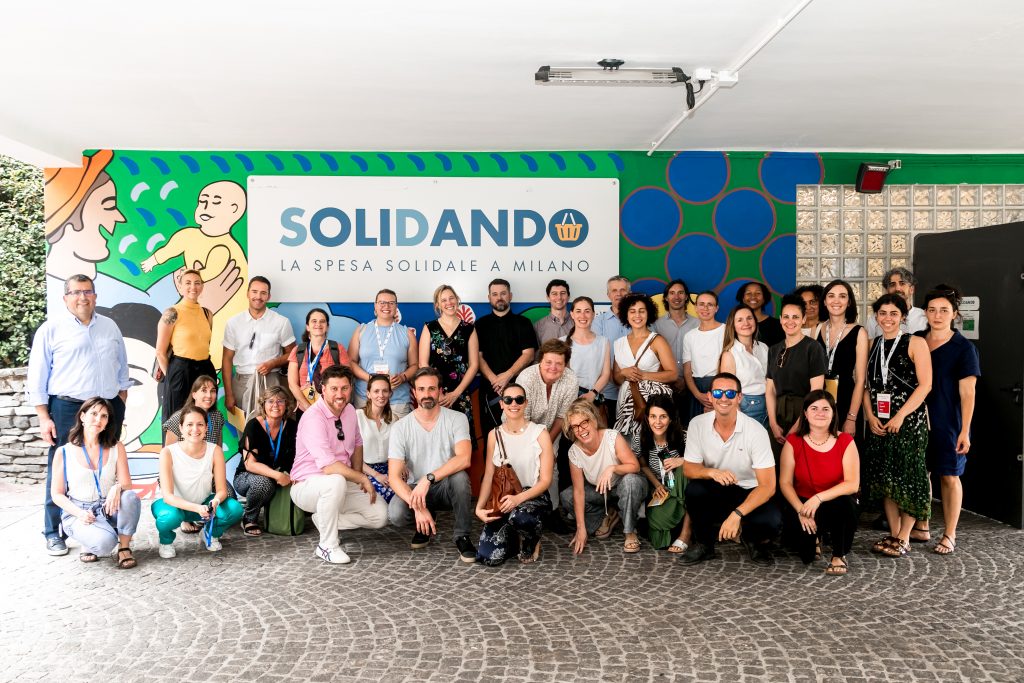
At the second Hub, Hub Gallaratese, Ileana Alparone (Terres des Hommes Italia), and Ulisse Bastianelli (IBVA, Solidando) provided a further deep-dive into the Food Waste Hub system of Milan.
On day two, took place the site visit of the third Food Waste Hub, Foody Wholesale Market. On-site, Nicola Zaffra, Director of the Fruit and Vegetable Market of Milan, explained the main operations of the market, and showed the cold storage unit where rescued food is kept for collection works.
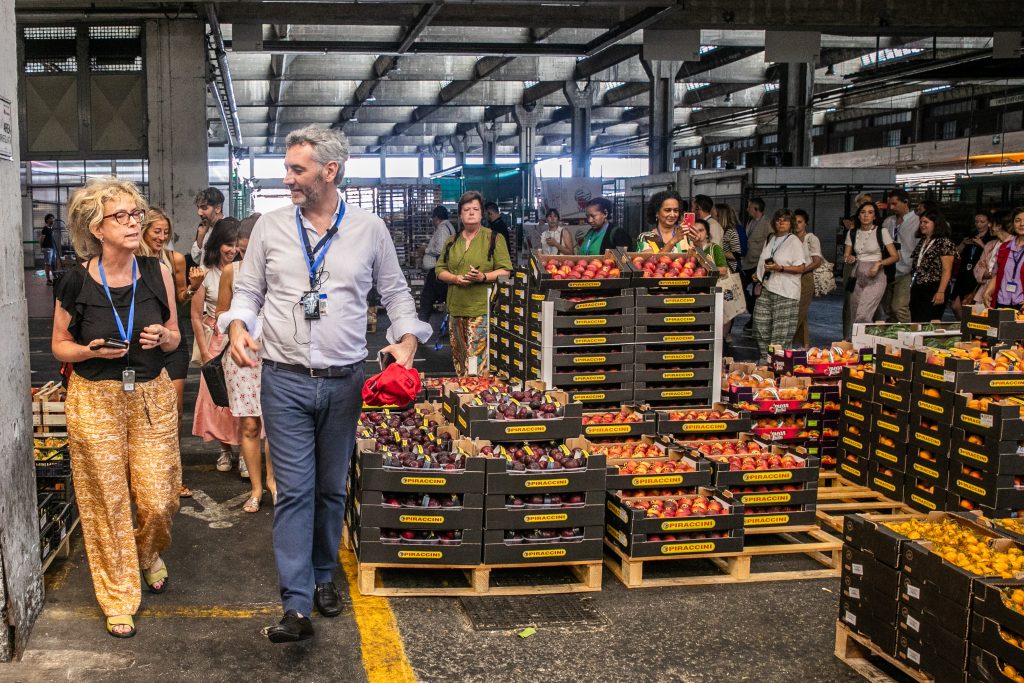
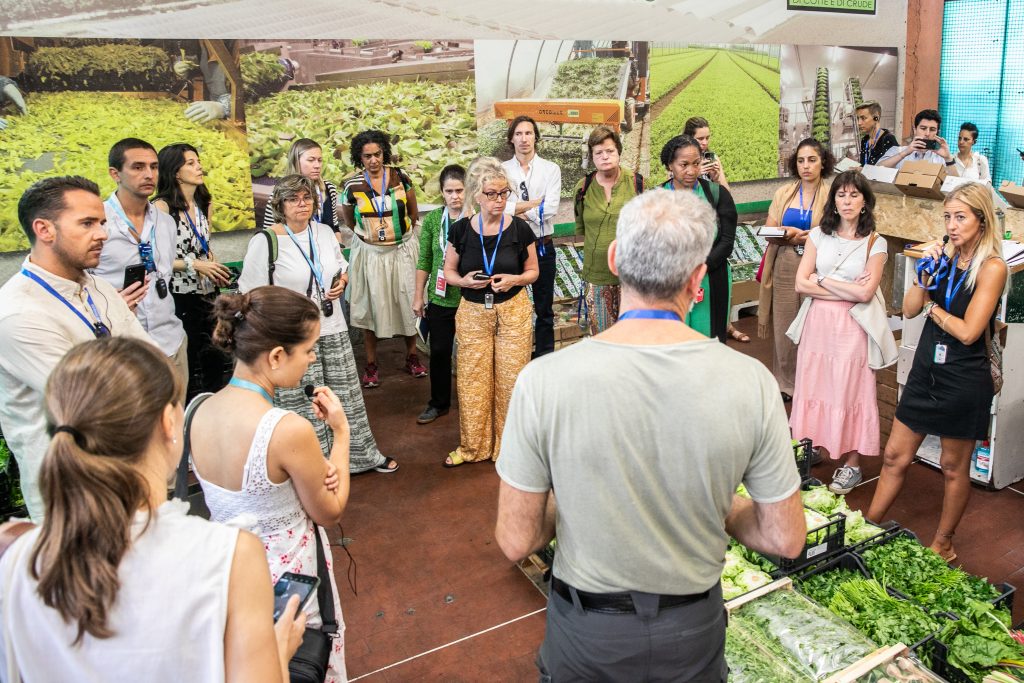
The visit continued at one of Milano Ristorazione’s kitchen centers for school canteens, elderly homes, and home-delivered meals.
The day ended at Politecnico University, where the cities of Austin, Amsterdam, and Washington D.C. gave a presentation on food waste reduction in the restaurant sector. A. Perego, Vice-Rector for Sustainable Development and Impact of Politecnico di Milano presented teaching and research activities in the food and agriculture domain, and Giulia Bartezzaghi and Stefano Quaglia (Politecnico University) presented the development process of the Milan Food Waste Hubs.
On the third and last day, the cities were involved in a workshop to develop their own action plan with the aid of the tools developed by the Food Trails EU H2020 project. After the introduction of the Food Trails project itself, and the MUFPP Monitoring Framework given by Elisa Porreca, Alice Casiraghi provided tips for circular food systems.
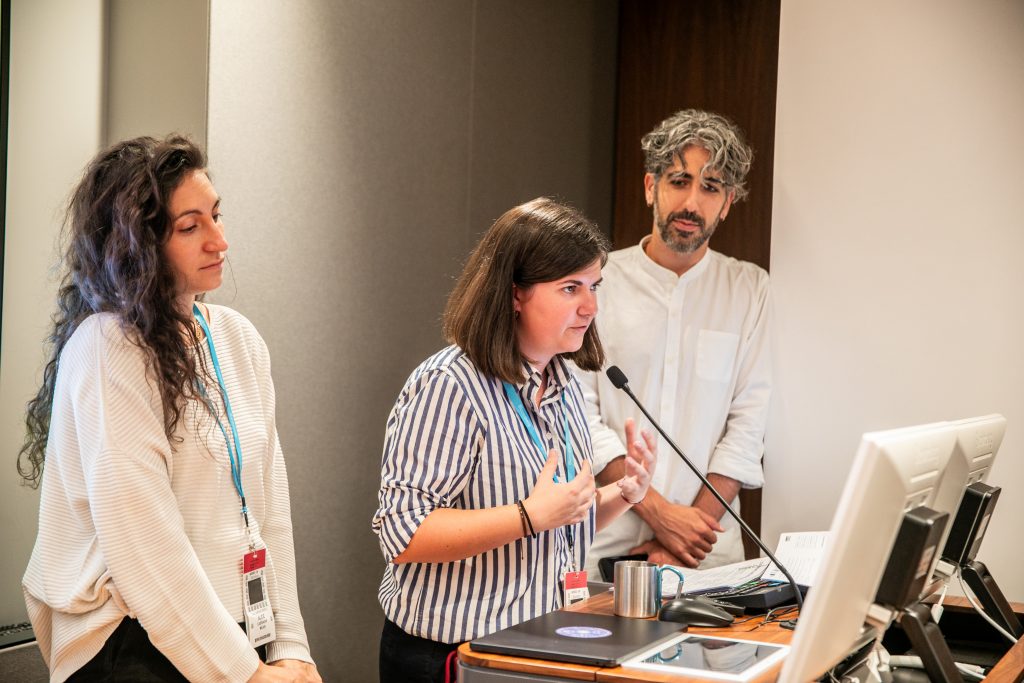
After the introduction and distribution of tools, cities were called to do a self-assessment of their governance, actions, and priority areas for food waste reduction plans. During the second part, they had to carry out a stakeholders’ analysis: how they could build consensus around the creation of a food waste reduction action plan in their contexts. Lastly, they formulated a Food Policy Action Canvas: a detailed food waste reduction action plan.

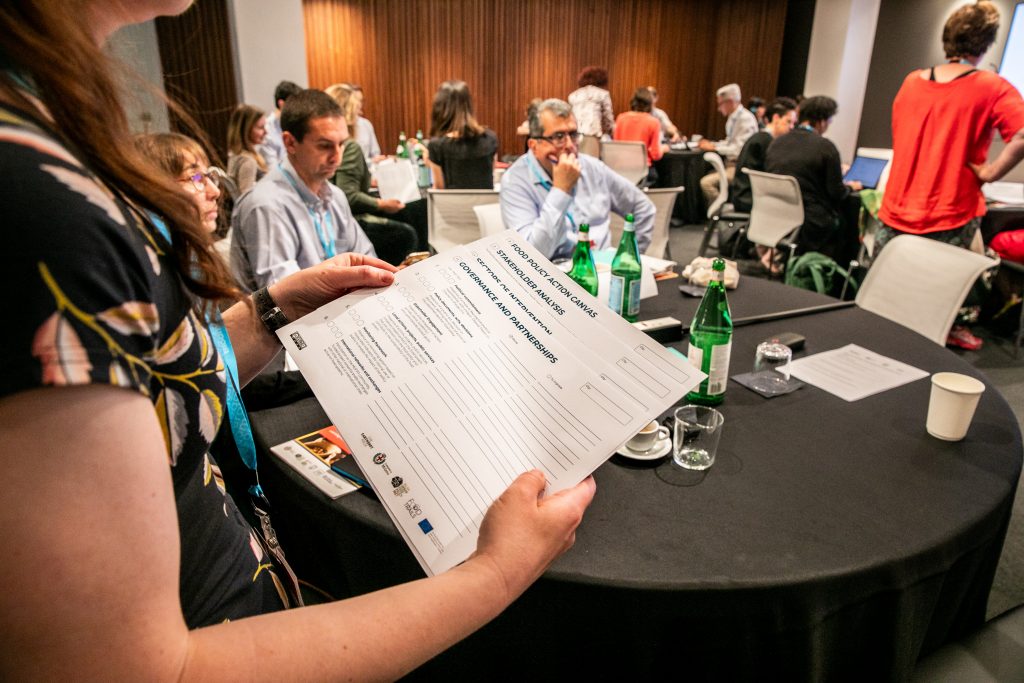
The exchanges that took place over the three days of site visits, presentations, and workshops produced extremely successful outputs. The MUFPP is looking forward to continuing working in such way, sharing inspiring insights with the cities of the Pact.
